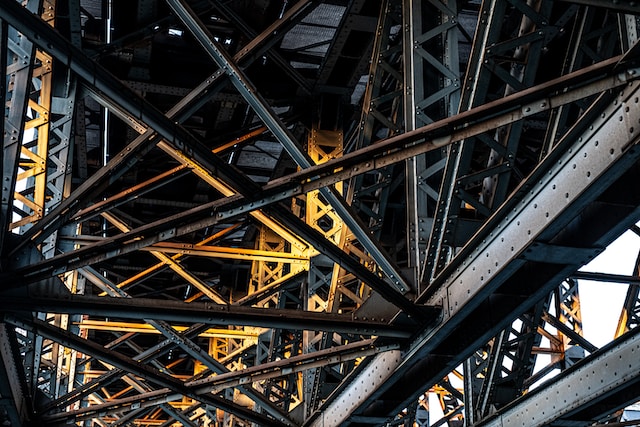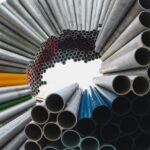Unmasking the Deceptive Trade: The Threat of Counterfeit Steel in China
Counterfeiting steel in trade with Chinese companies typically involves deceptive practices aimed at misrepresenting the quality or origin of steel products. Here are several methods through which sellers may engage in counterfeit steel practices:
1. Falsifying product specifications
Some dishonest Chinese sellers may provide counterfeit steel by misrepresenting the specifications of the product. For instance, they might label lower-grade or inferior steel as a higher-grade or premium product, deceiving buyers into paying more for a lower-quality material.
2. Forgery of certificates and documentation
Fraudulent sellers may create counterfeit Mill Test Certificates, inspection reports, or other relevant documents. These documents are intended to provide evidence of the steel’s quality, compliance with regulations, and adherence to specific standards. By forging these documents, sellers can deceive buyers into believing they are purchasing legitimate and certified steel.
3. Utilizing counterfeit trademarks or branding
Sellers may unlawfully employ the trademarks or branding of well-known Chinese steel manufacturers to give their counterfeit steel products an appearance of authenticity. This can mislead buyers into thinking they are purchasing products from reputable manufacturers when, in reality, they are not.
4. Mixing inferior materials
Fraudulent sellers may blend lower-quality steel with genuine or higher-grade steel, creating a mixed product. This can be challenging to detect since the counterfeit steel may visually resemble the genuine product, but it may lack the same mechanical or chemical properties.
5. Unauthorized production and distribution
In certain cases, fraudulent sellers may produce steel products without proper authorization or licensing from legitimate manufacturers. These unauthorized products may fail to meet the required quality standards or may be entirely counterfeit.
To mitigate the risk of counterfeit steel, buyers should exercise due diligence and implement the following measures:
- Verify the authenticity of the seller and their certifications.
- Conduct physical inspections or tests to validate the steel’s quality and characteristics.
- Seek reputable sources or suppliers when sourcing steel products.
- Engage third-party inspection agencies or independent experts to validate the quality and origin of the steel products before finalizing a purchase.
By implementing these measures, buyers can reduce the likelihood of falling victim to counterfeit steel practices and ensure they are receiving genuine, high-quality steel products.
Do you need support in cross-border trade and debt collection? CJO Global's team can provide you with China-related cross-border trade risk management and debt collection services, including: (1) Trade Dispute Resolution (2) Debt Collection (3) Judgments and Awards Collection (4) Bankruptcy & Restructuring (5) Company Verification and Due Diligence (6) Trade Contract Drafting and Review If you need our services, or if you wish to share your story, you can contact our Client Manager: Susan Li (susan.li@yuanddu.com). If you want to know more about CJO Global, please click here. If you want to know more about CJO Global services, please click here. If you wish to read more CJO Global posts, please click here.

Photo by Luca Upper on Unsplash
